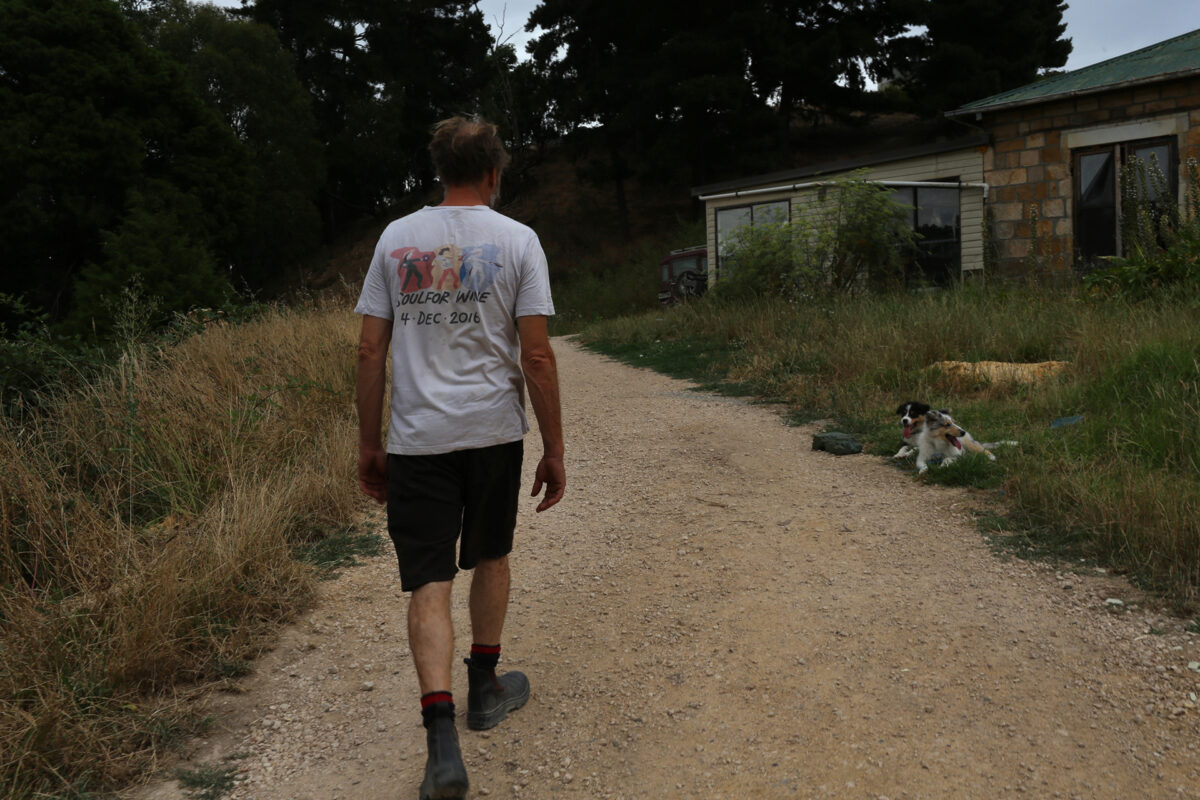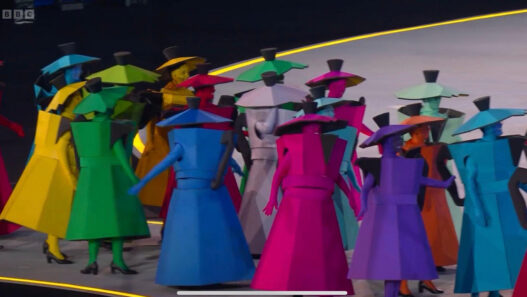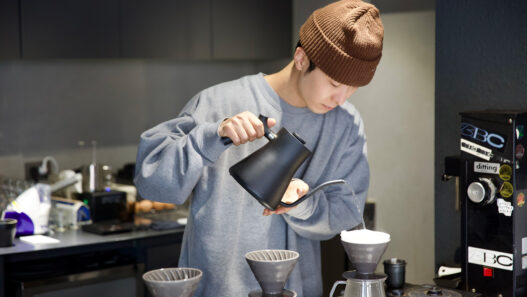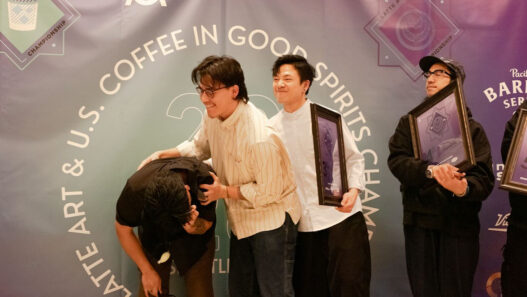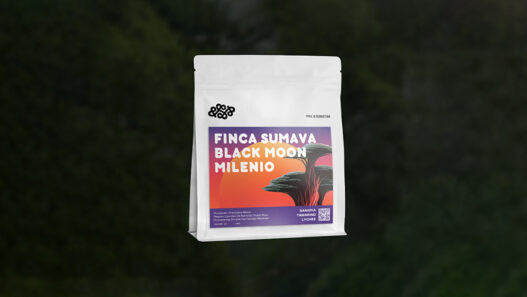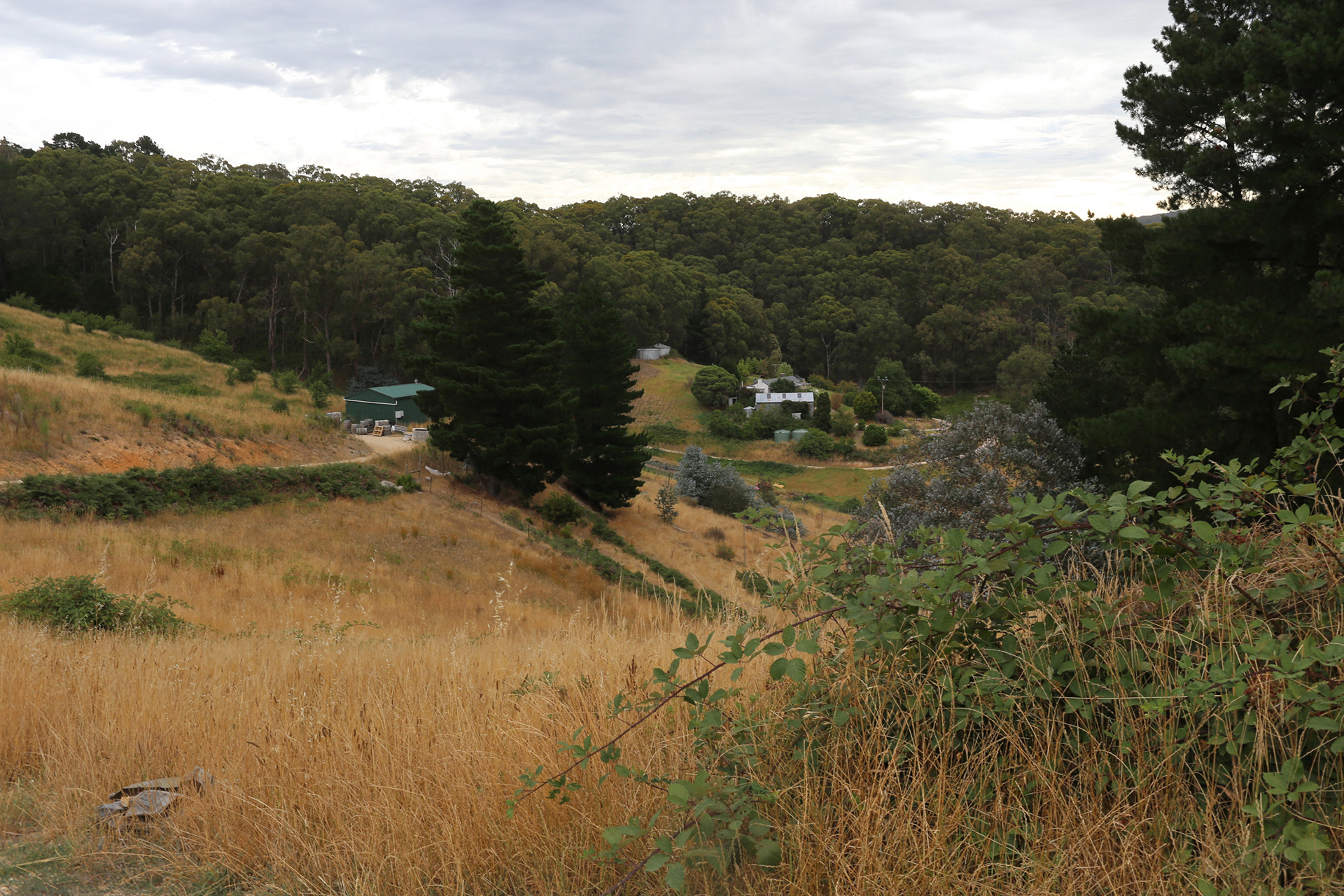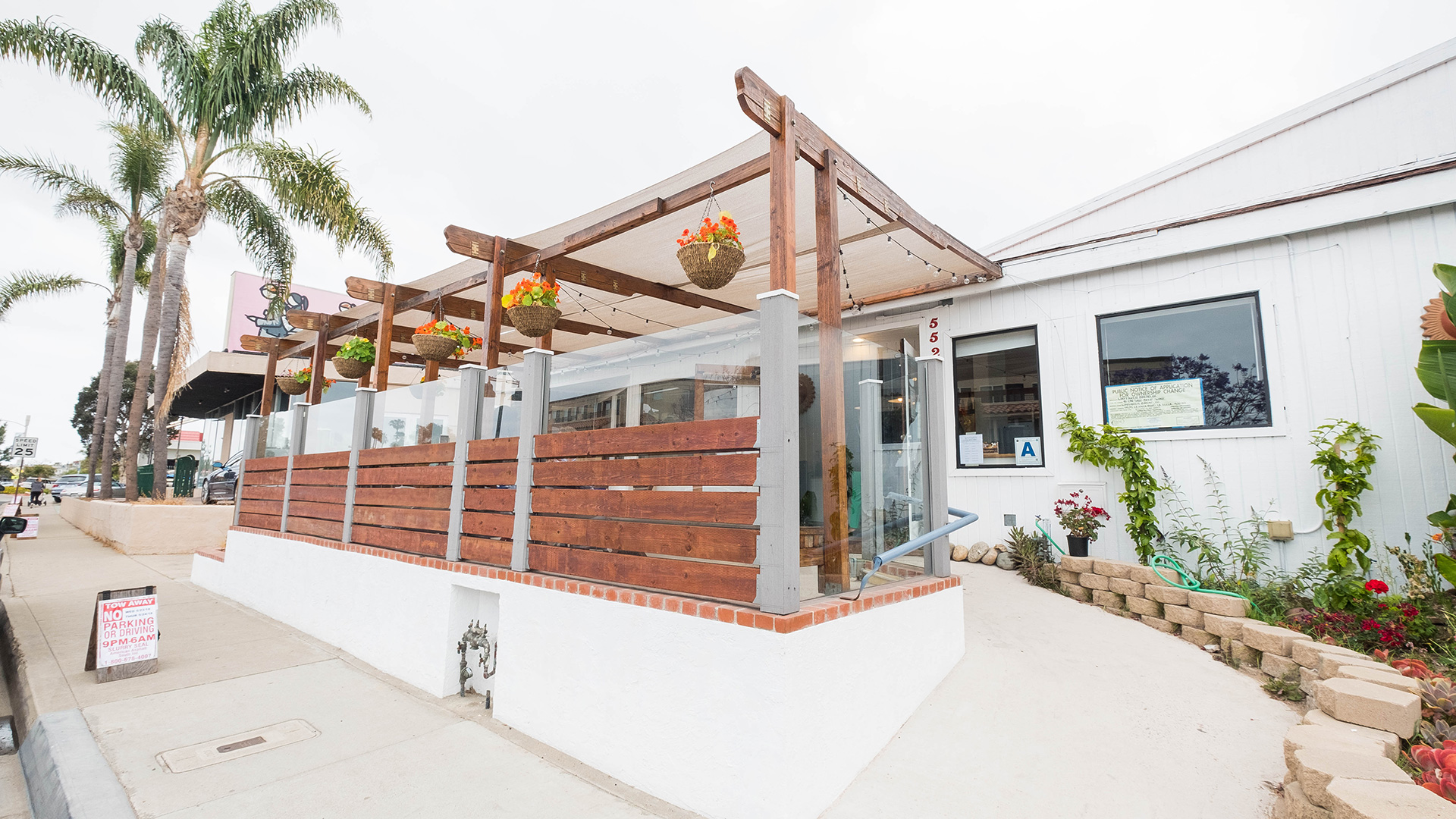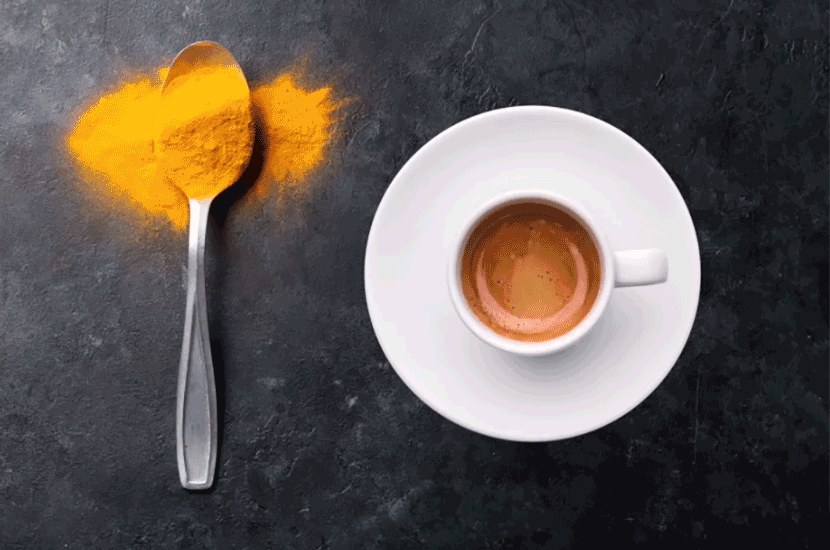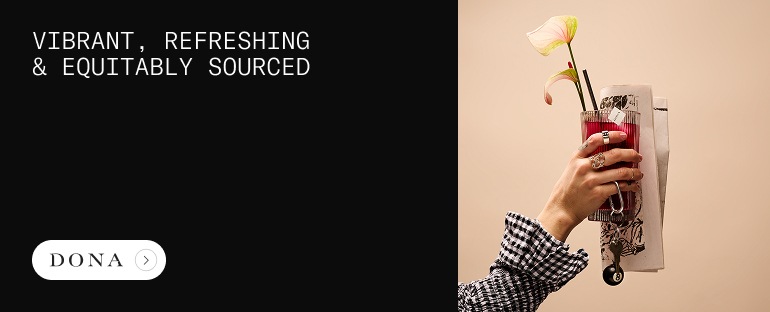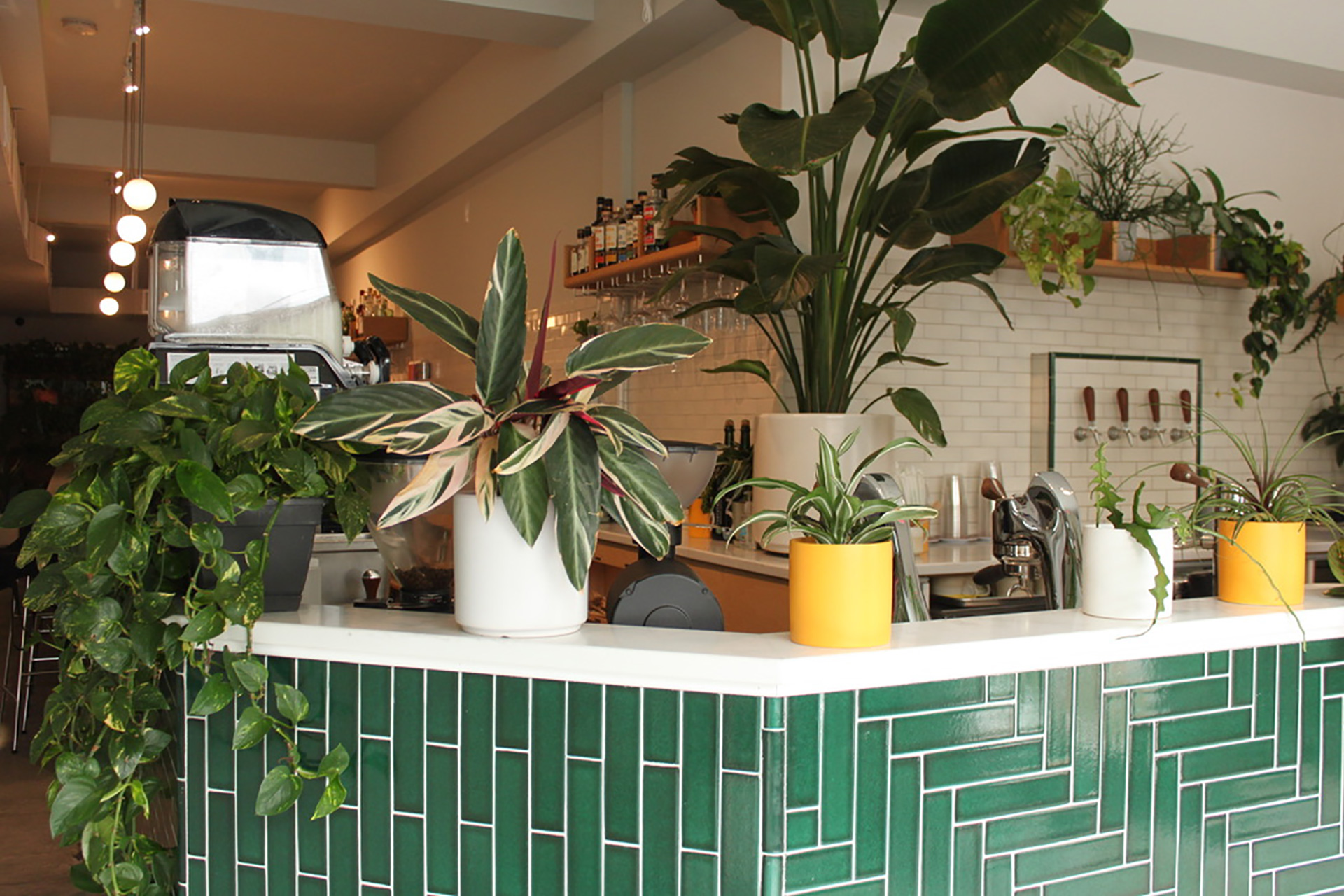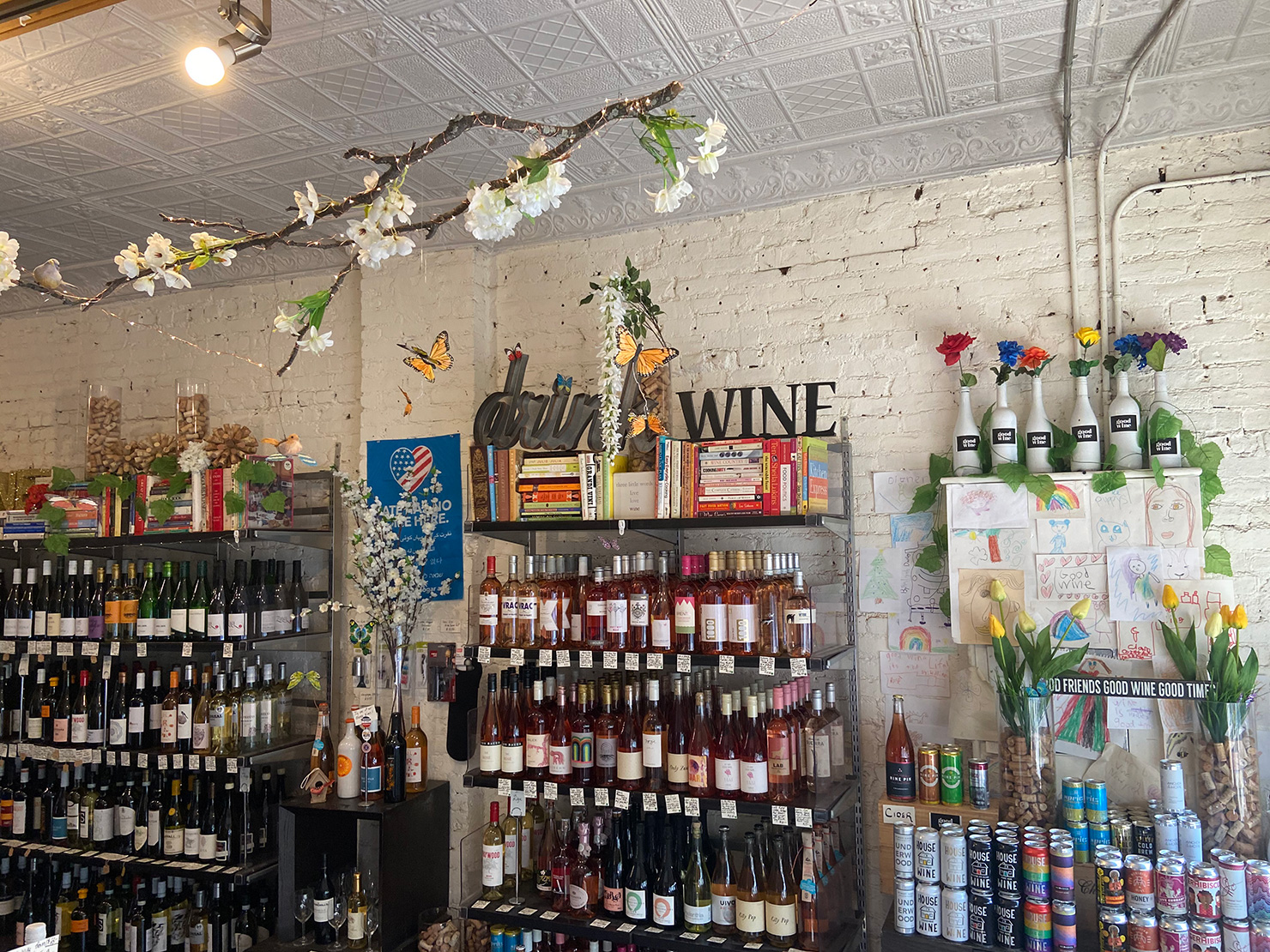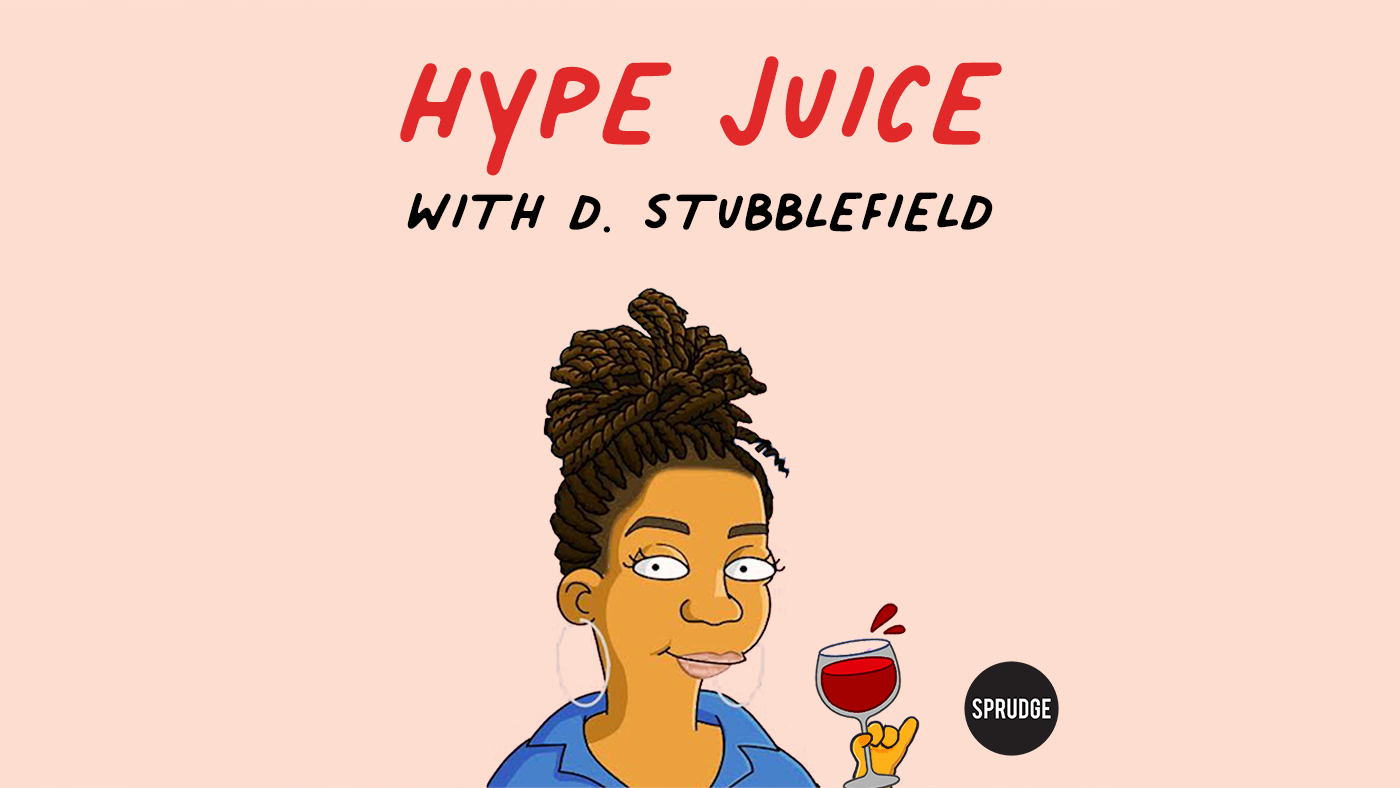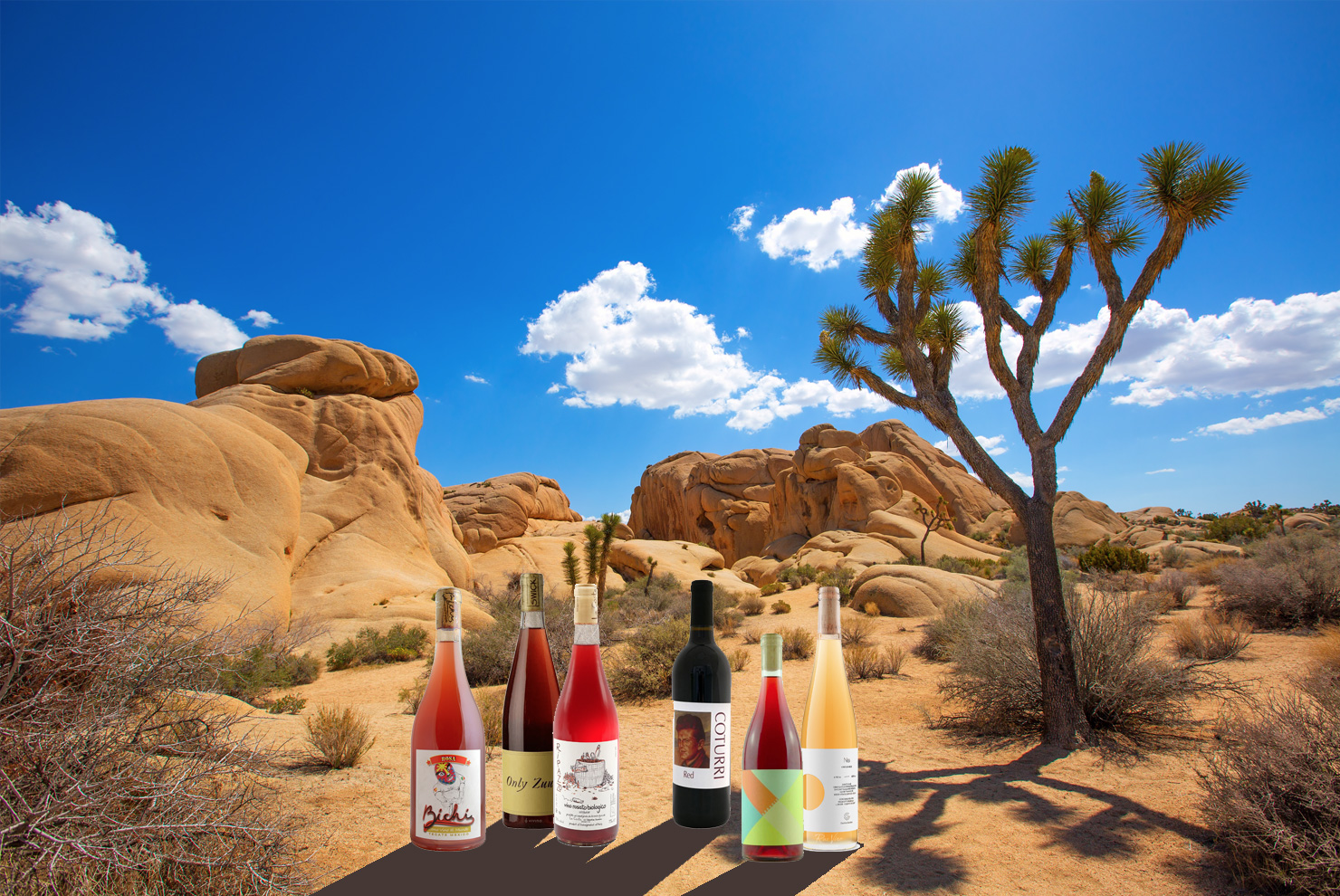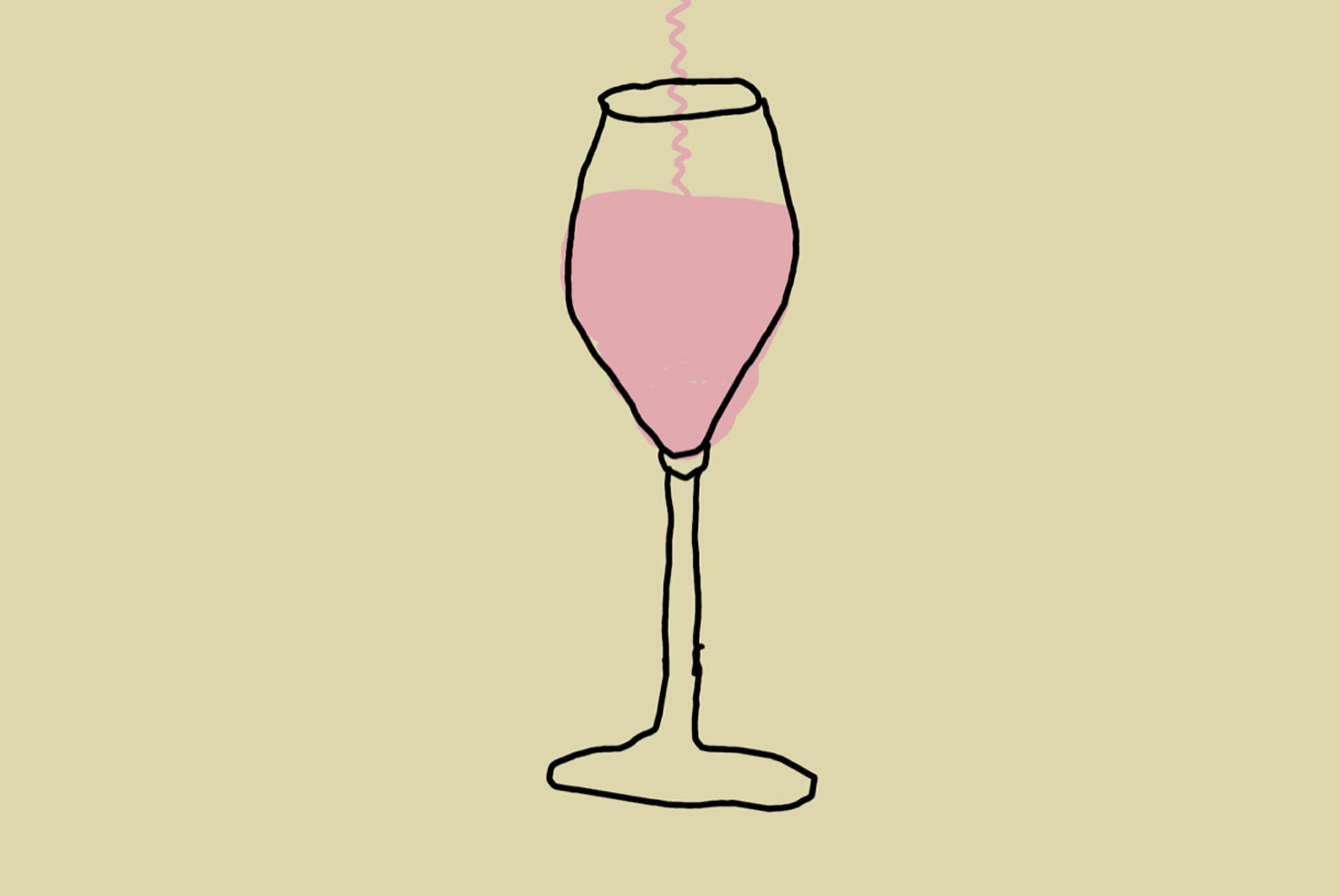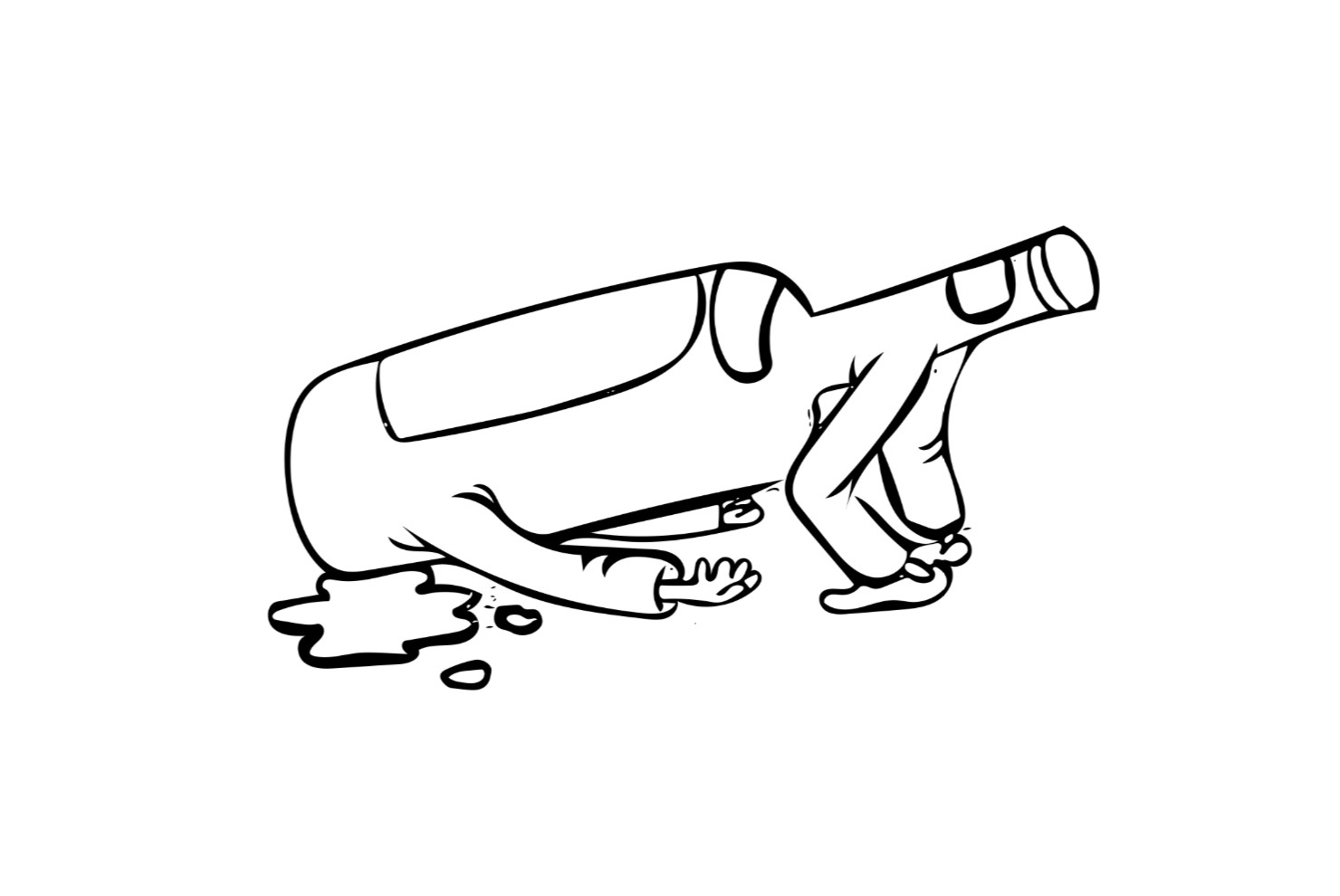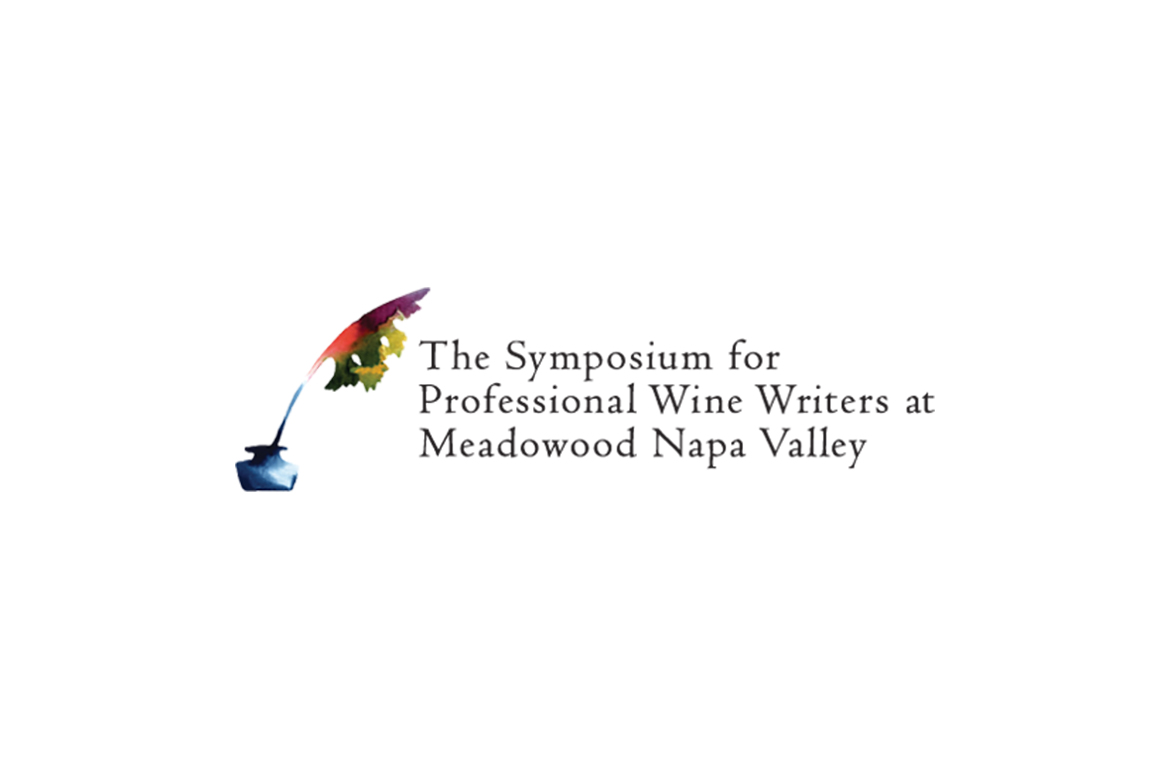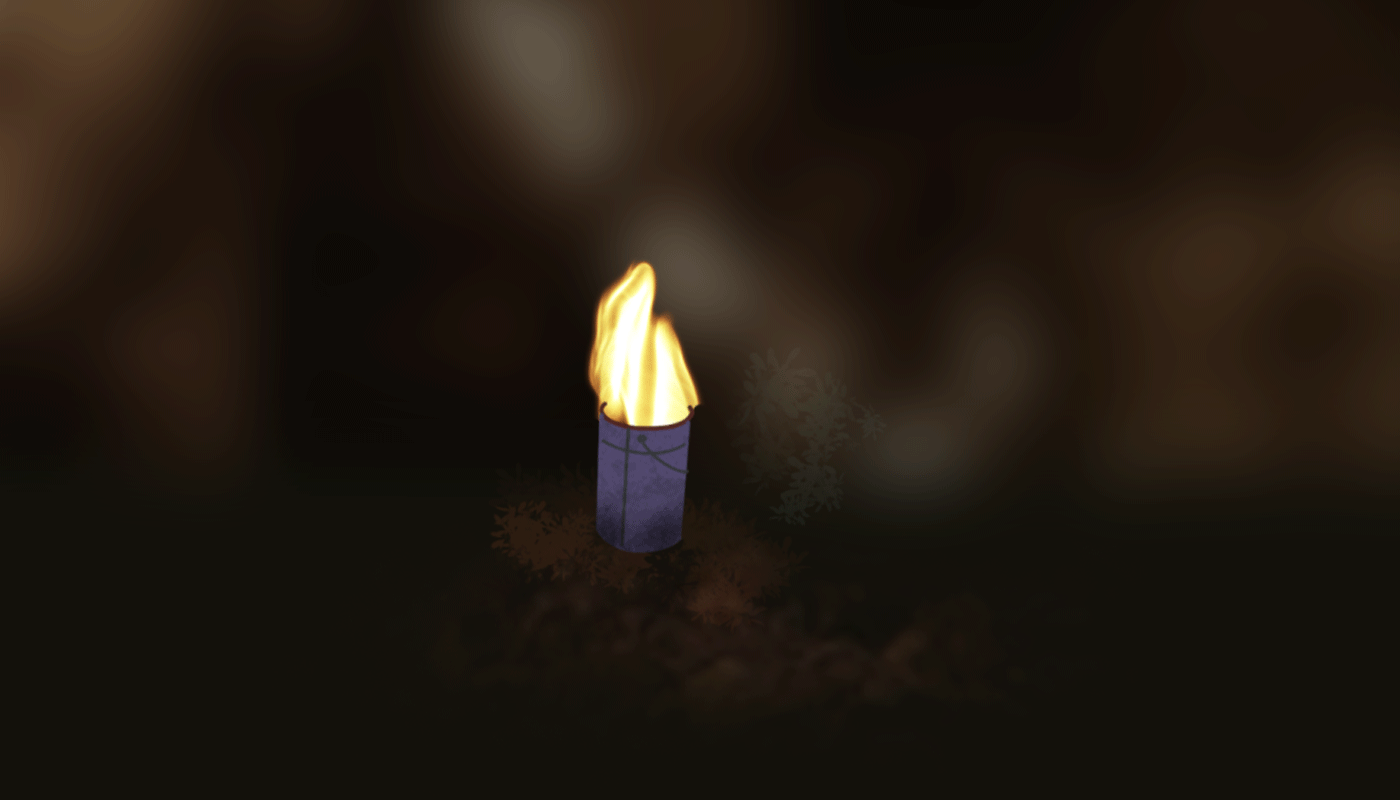It’s a blazing hot January day here in the Adelaide Hills—the best time to visit, so long as you don’t mind temperatures as high as 40° (that’s 104° for you Americans). It’s a few weeks before grapes begin to fully ripen, which happily means that many winemakers are in town, bottling and getting their cellars ready for the impending chaos of harvest time. It’s in this state of limbo that I’m able to nail down some time with the elusive Anton van Klopper, of Lucy Margaux Wines fame. We’ve arranged to having a brief drink together at the bar and restaurant he co-owns, The Summertown Aristologist, before heading over to his home and winery to taste a few new bottles.
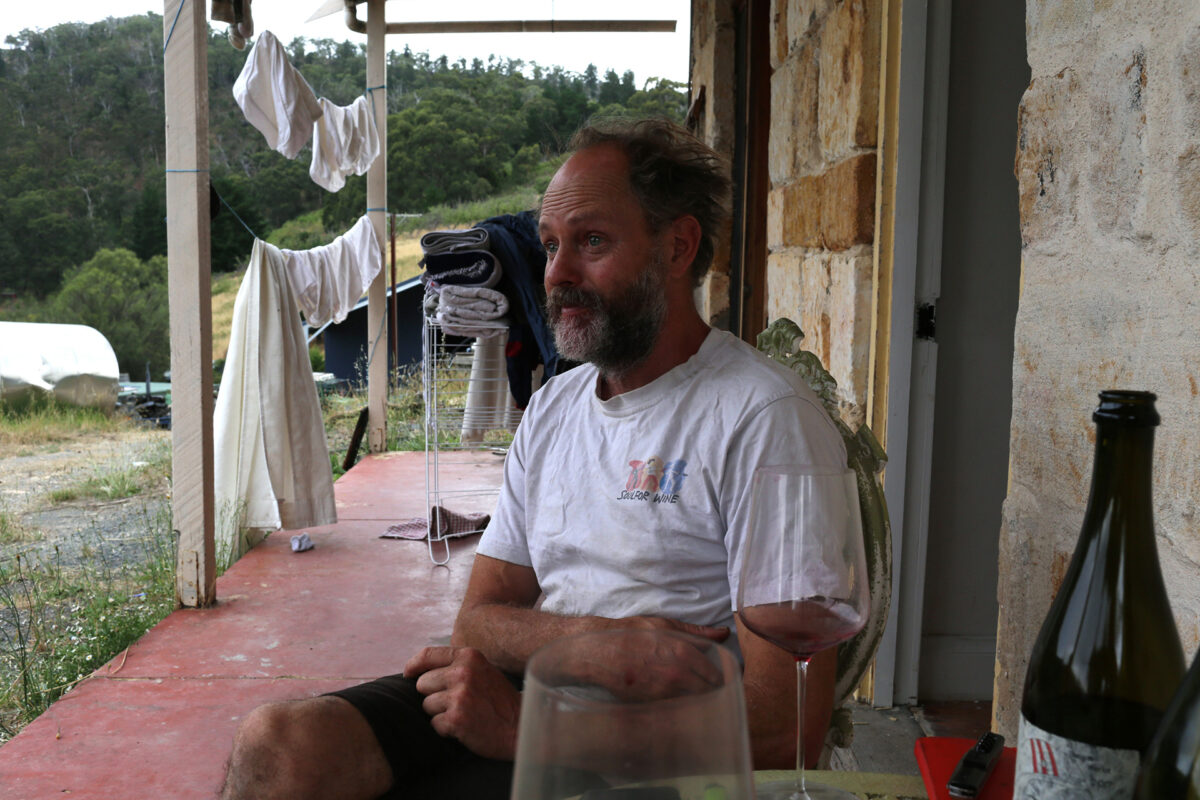
Just shy of a decade ago the whispers started in the Australian media. There was some sort of revolution going on out in the Adelaide Hills of South Australia—a rethinking of wine norms and expectations, with van Klopper and Lucy Margaux being mentioned as some sort of ringleader. In the years since, the region has grown with international renown, and a new generation of winemakers have settled in across Australia with the intention of making minimal intervention or “natural” wines—no added yeasts, no filtering, and no fining. Today Anton van Klopper’s wines remain highly sought after here in Australia and abroad, pairing eye catching labels with wines that taste quite unlike anything else.
About those labels. Van Klopper draws them himself, often on the day of bottling; the makeup of each blend is decided just prior to that, and nothing is ever set in stone. His winery shed sits just down the driveway from the house, and as we sit in the kitchen chatting over wine, a busy day of bottling has just finished up. The way he approaches his wine-as-art could be described as organised chaos. Throughout the interview he’s popping in and out of the house, printing and cutting more labels as we chat. It’s mesmerizing, but if you’ve ever tasted these wines—and you should—it makes utter sense.
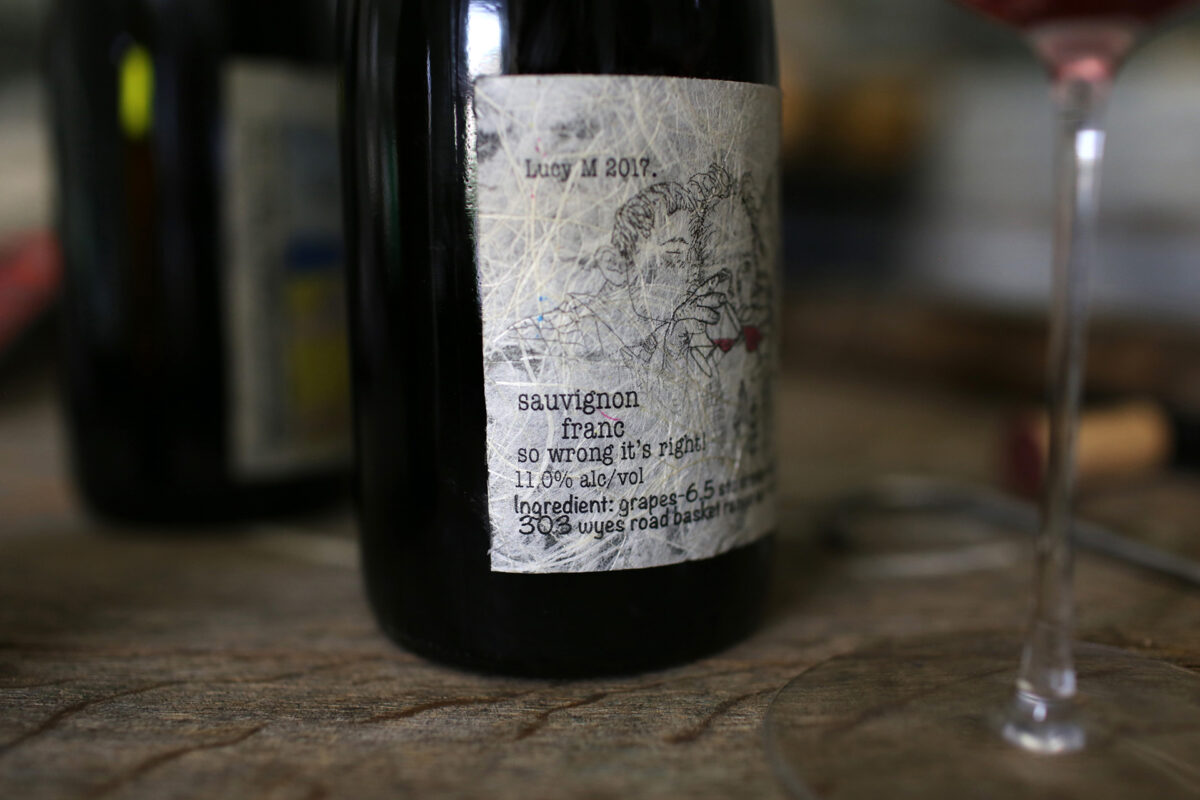
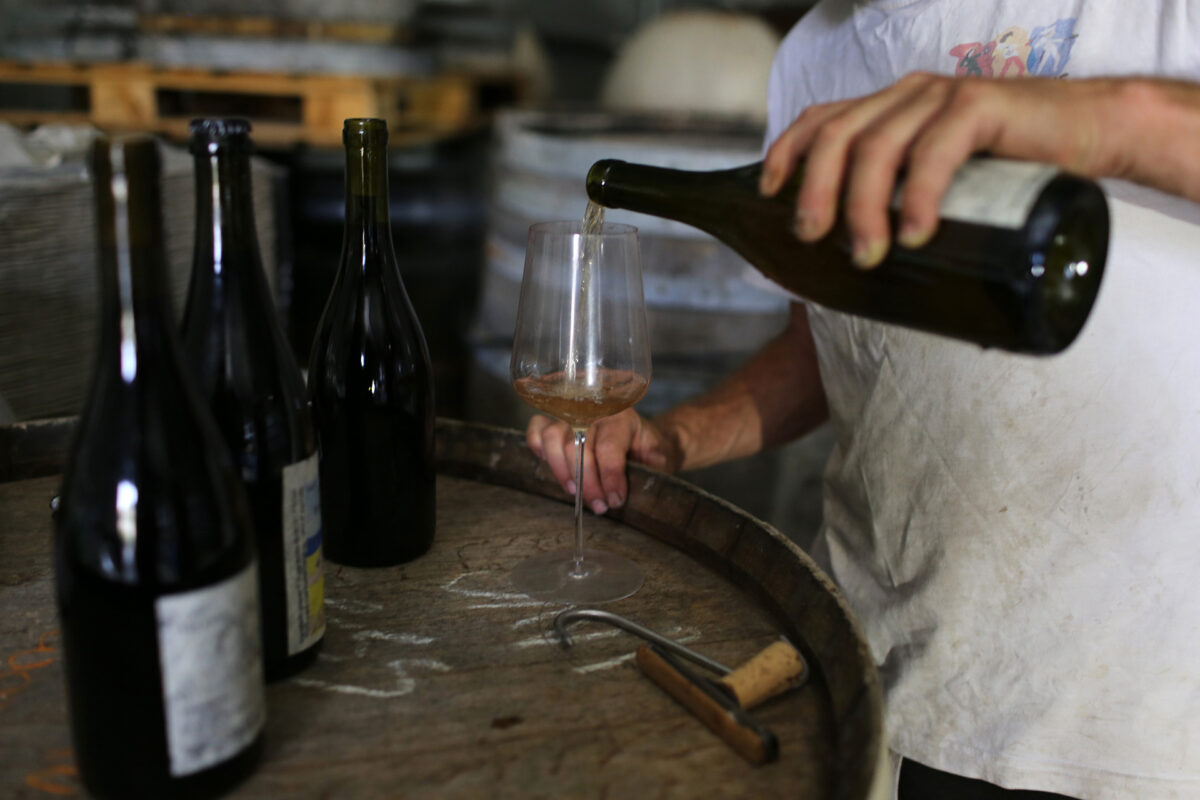
For van Klopper, this way of doing things is intentional. “I think to know what you’re doing beforehand is a big mistake,” he tells me, though the chaos can take a toll. “I fucking hate it,” he says. “But I think that if you want to make interesting things then you cannot control it.”
Considering the wild man style of van Klopper’s wines, you’d be surprised to know that he undertook what would be seen as a “conventional” wine education, graduating with first class honors from the University of Adelaide with a Bachelors Degree in Agricultural Science and Oenology in 2001. While he excelled at university and was a self-proclaimed book nerd, it didn’t take long after graduating for him to begin to question the rigidity of what he was taught. “They get a bit in the numbers,” he says. “They get so caught up in this false reality that the enjoyment becomes secondary, and the amazement of what can be done becomes primary thought.” He is, of course, not alone among formally trained winemakers who, once it came time to actually make their own wine, shucked the shackles of education and went their own way. Or perhaps it’s about knowing the rules first before you can break them.
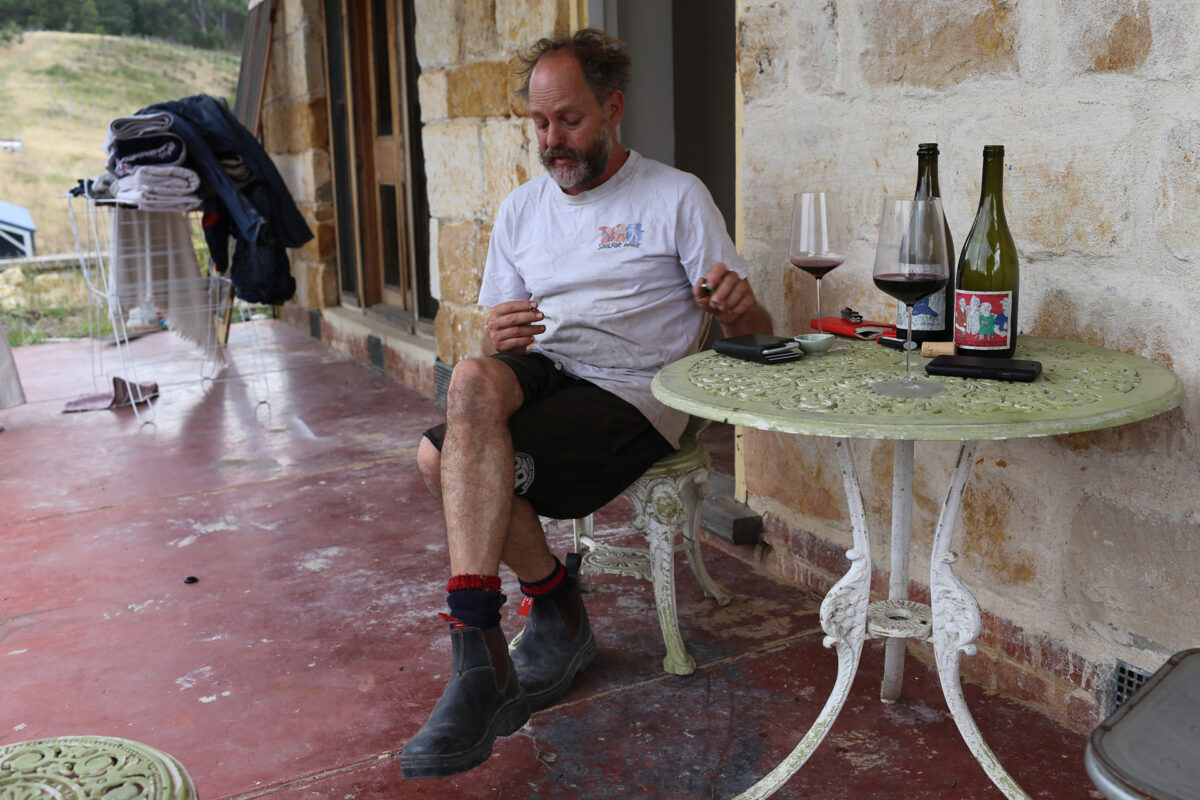
After traveling around doing vintages in Germany, New Zealand, and the USA after finishing school, van Klopper purchased a cherry orchard in the Adelaide Hills in 2002, and set out to grow grapes and make wine from them—undertaking his first estate vintage in 2007. Since then, he’s built quite a reputation of producing unique wines that challenge the status quo of the region: think deep brooding Pinot Noir, skin contact Sauvignon Blanc and Pinot Gris, and juicy, vibrant white blends.
After a number of professional and personal developments over the last few years, he recently took a great leap in the cellar, moving to entirely sulphur free wine production. There is now no sulfur added at all in any stage of the winemaking process at Lucy Margaux, not even a tiny bit at bottling. At the same time van Klopper has drastically cut his production, moving from working with 120 tonnes down to 60 tonnes of grapes annually, so as to better concentrate his efforts and work with only organically farmed fruit. And he’s also gradually moving away from small format fermentation and aging vessels (small oak barrels, etc.) to larger formats, like his 7,000 litre barrel made out of local Australian Jarrah wood, a kind of Eucalyptus tree.
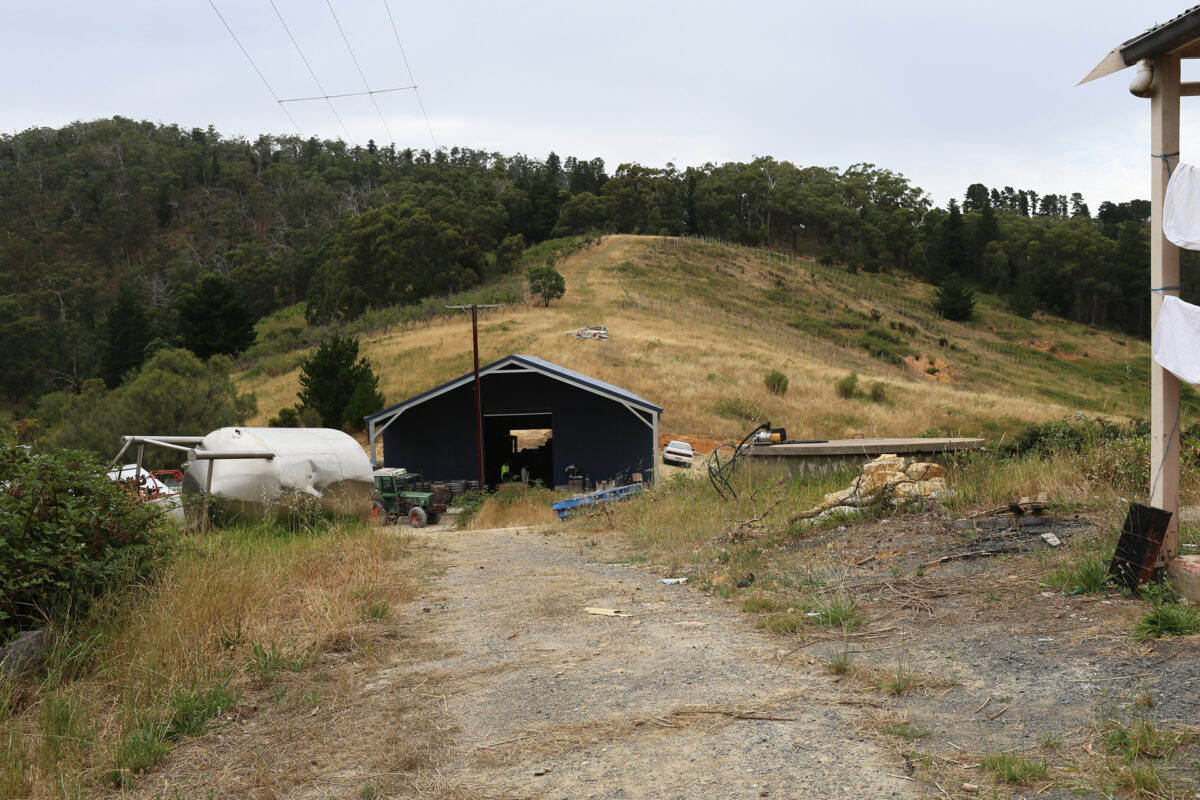
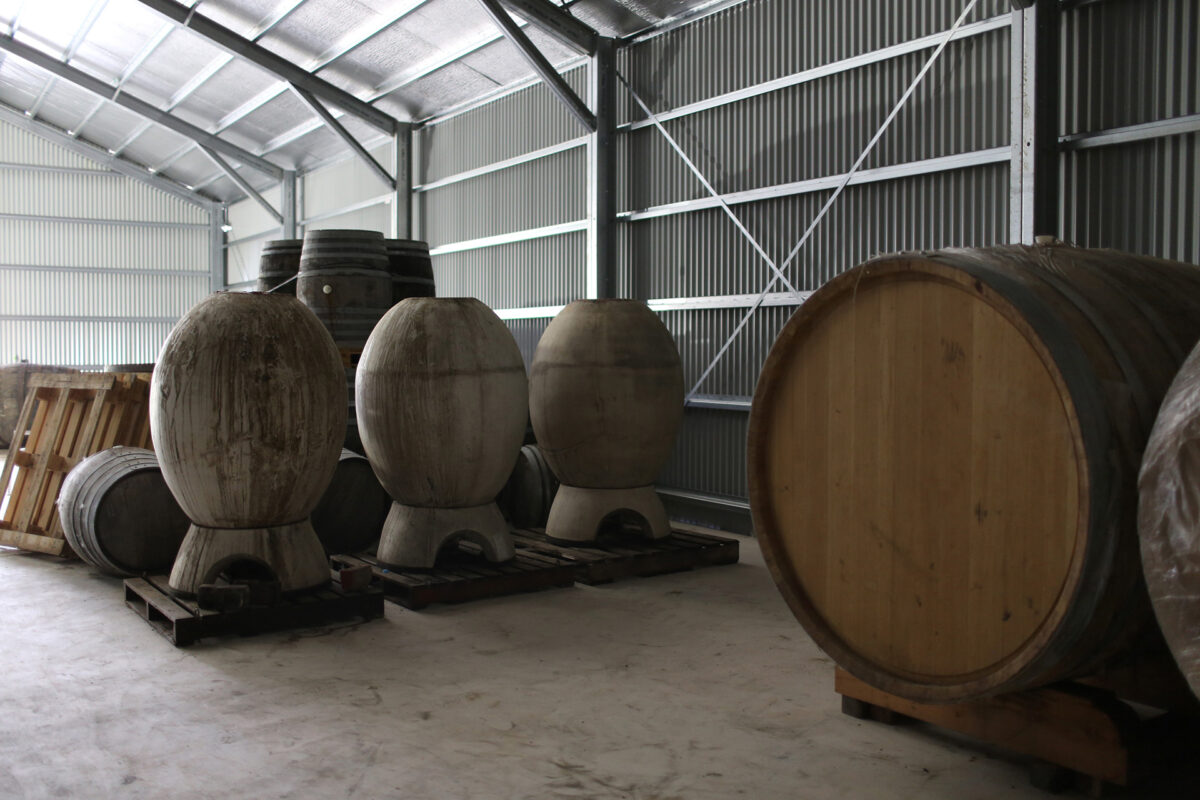
As one might hope with all these changes, the wines have never been more fascinating. Drinkers absolutely should not miss Margaux’s Wildman Blanc, an astonishing whole bunch Sauvignon Blanc that’s stomped a couple of times and then left for a while in concrete eggs prior to pressing, or the Frankenstein’s monster-sounding Sauvignon Franc—a blend of Wildman-style Sauvignon Blanc paired in equal parts with semi-carbonic Cabernet Franc. He’s even making a wild beer blend—a Cantillon-inspired collaboration with Louis Broderick, consisting of 200L of wild-fermented beer blended with light red wine.
Most winemakers have a philosophy of some sort—or at least, the interesting ones. But with Anton van Klopper, it’s fascinating to get a bit of insight as to the intention behind these Lucy Margaux wines. I think they taste even better when you know more about how they’re made, and why. It’s best to head into drinking these wines the same way van Klopper approaches the winemaking process: don’t place too much emphasis on what you think a particular grape variety or region should taste like. Instead, leave space for the wine to present itself to you how it is, a set of new decisions all the time, expressive of a passing moment. Drink and enjoy.
